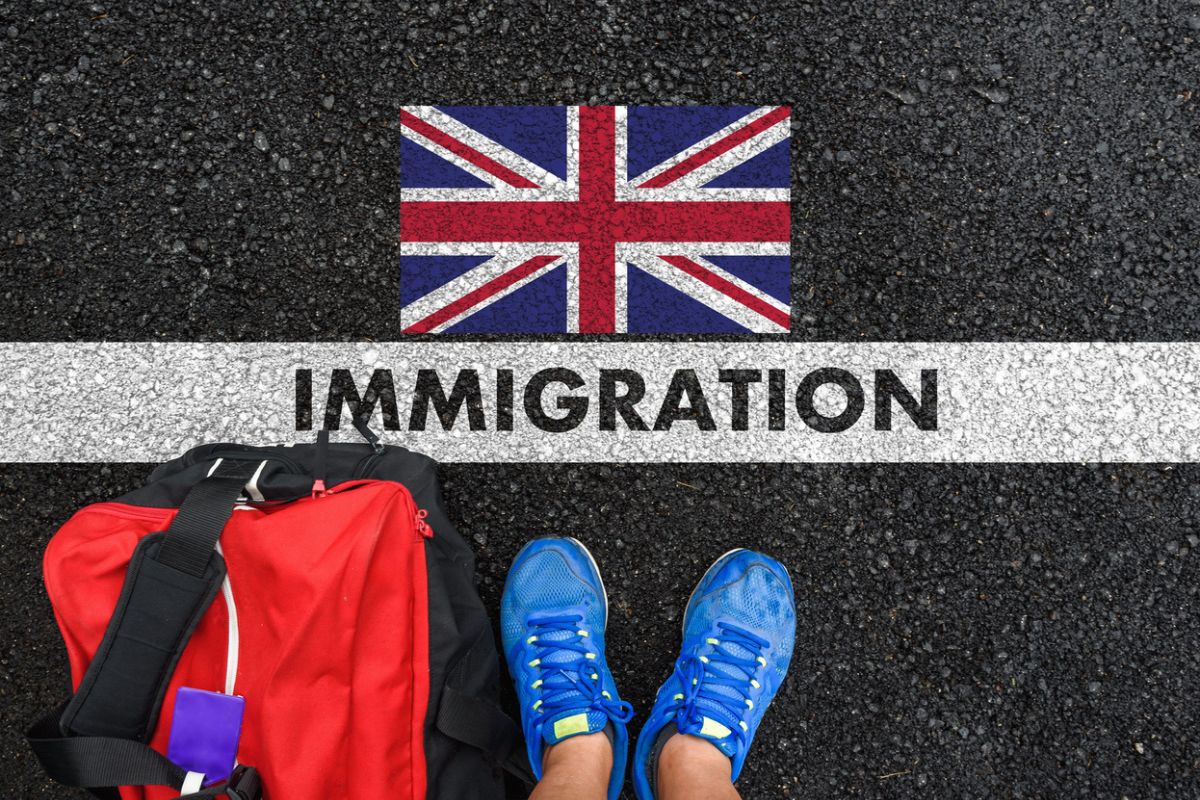The UK government is planning significant visa changes for countries that refuse or not take back their citizens living illegally in Britain. Home Secretary Shabana Mahmood stated that new rules will impose “Trump-style visa bans” on countries that do not assist with deportations of illegal migrants.
Visa Bans Begin with Three African Nations
According to some media reports, Angola, Namibia, and the Democratic Republic of Congo are among the very first countries that may face such restrictions. Their citizens will temporarily stop receiving UK visas until their governments start helping with the return of illegal migrants and criminals.
According to the Home Office, these nations have shown “unacceptably low cooperation” by delaying paperwork or requiring migrants to sign their own return documents, which many refuse to do. This has slowed down thousands of deportation cases.
India Could Be Next
Reports suggest that India may also face similar visa restrictions in the future. The Times (UK) noted that India is among the countries least willing to accept deported migrants, which could place it on the UK’s warning list next year.
Tougher Rules on Human Rights Claims
The United Kingdom also plans to tighten human rights laws to make deportations faster. It wants to change how courts interpret Article 8, which protects family and private life. Only close family members, like parents or children, will count as valid connections to stay in the UK.
Changes are also coming to Article 3, which protects people from inhuman treatment. The UK says this rule has been used too broadly by migrants to avoid deportation.
To stop delays, migrants will need to raise all legal arguments in one go. If their appeal is rejected, they must leave the country immediately.
New Work and Study Routes for Refugees
While addressing illegal immigration, the UK also plans to create new work and study pathways for genuine refugees. The UNHCR will refer these individuals, and they will be hosted by British families, just like the UK supported Ukrainian refugees. The goal is to reduce the use of asylum hotels, which cost over £2 billion in 2024–25.
Indians Among Top Asylum Claimants
In the year ending June 2025, 5,475 Indians applied for asylum in the UK, making them the sixth-largest group by nationality.
- Around 346 Indians arrived illegally by small boat.
- Most others had entered on student or work visas.
- Only 20 Indian applicants were granted asylum, while 2,691 claims were refused.
The top nationalities seeking asylum were Pakistan, Afghanistan, Iran, Eritrea, and Bangladesh.
What This Means for Travellers
For travellers from countries with low cooperation on deportations, UK visa processing could become much stricter, or even suspended. Anyone applying for a UK visa should keep track of government updates, as more countries may be added to the restricted list soon.
Follow and connect with us on Facebook, Twitter, LinkedIn, Instagram and Google News for the latest travel news and updates!
